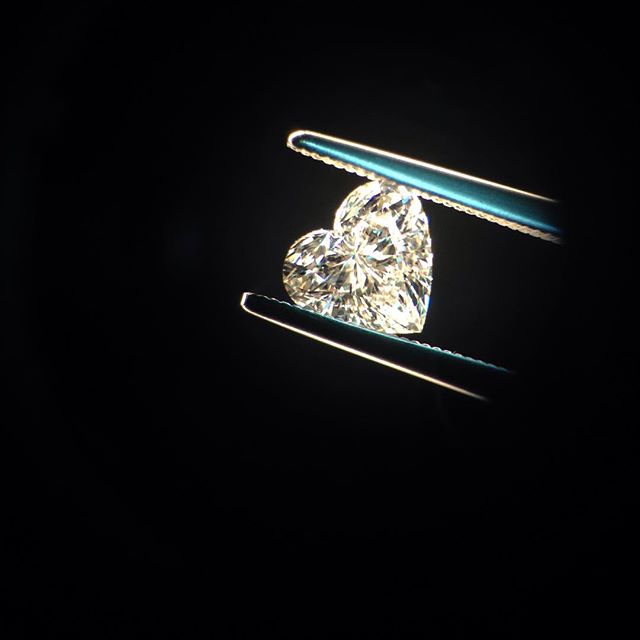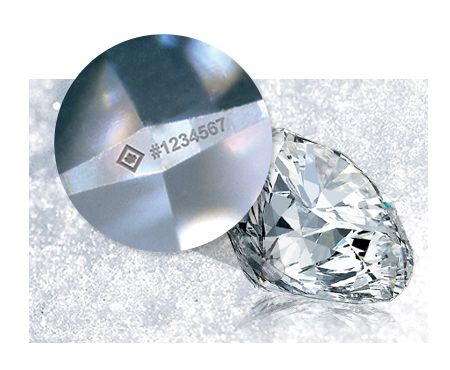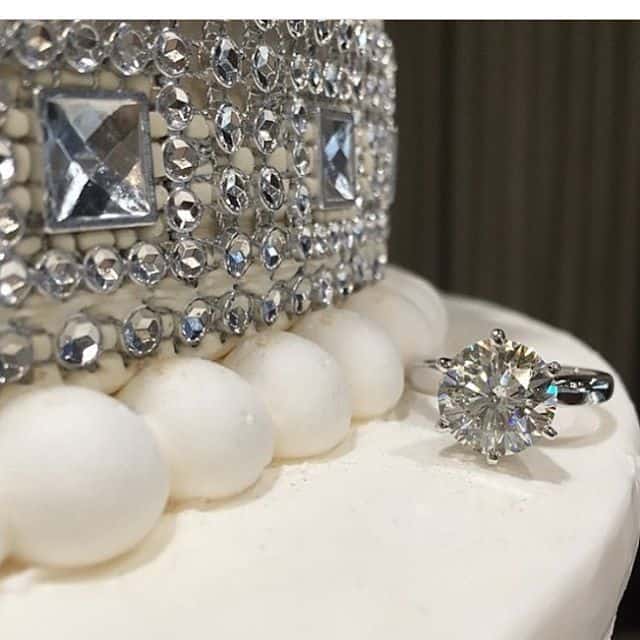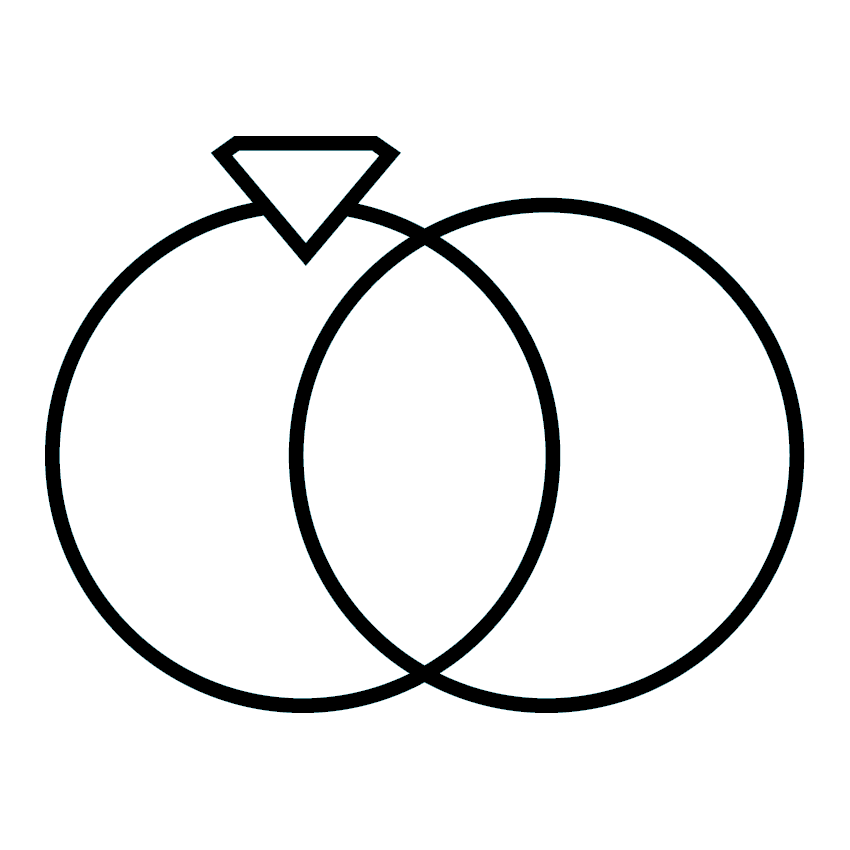
- Why are some diamonds on sale? If you are searching for the “cheapest” option when diamond shopping, you are doing it all wrong. If a diamond has an extremely low cost, there is most certainly a reason. There are a lot of diamond sellers, especially online, that claim they have the lowest prices on diamonds. Once you’ve looked closer, you will find they have cutting or proportion flaws not disclosed, or could be laser enhanced or filled. Make sure you get to compare diamonds side by side. This way you can see the differences yourself. High quality diamonds will hold their value and never be offered at a substantial discount.
- Does size really matter? When it comes to deciding what carat weight to get, keep in mind this very important fact. There is nothing romantic about being in a financial bind. Don’t let friends, family or a pushy salesperson pressure you into breaking the bank. The old saying of “two month’s salary” is long gone. Only you can determine your perfect price. Figure out whether you can save the cash for the entire purchase, or if you prefer to finance part or all of it. If you prefer to finance, work backwards from what you are comfortable spending on a monthly payment, then only search for rings within that price range. Most reputable jewelers will offer a trade-in option on your diamond. With this option, you can upgrade the diamond over time, as you can afford it.
- Why does this diamond sparkle more than that one? A basic search on how to buy a diamond reveals the 4 C’s, but which one is responsible for sparkle and fire? The answer? Cut. A diamond’s cut grade is often overlooked by buyers. In fact, the cut grade used to not even be listed on diamond reports. Now that cut is part of the diamond grading scale, consumers are realizing how important this “C” really is. Diamonds receive one of five cut grades ranging from Excellent to Poor in three categories: Cut Grade, Polish, and Symmetry. The higher the diamond’s cut grade, the more brightness, fire, and scintillation the diamond will have. Craftsmanship plays a critical role in the cut grade too. Polish and Symmetry are a direct reflection of the diamond cutter’s ability to take a “diamond in the rough” and masterfully bring out the most beautiful diamond possible. Polish refers to the quality of the diamond’s surface while symmetry refers to the quality of facet arrangement. Be sure to compare diamonds with different cut grades side by side because your personal opinion matters most.
- Do I really need to plan for the future? (of my engagement ring) The answer to this question is yes! Your purchase needs to come with the option of returning or exchanging it, should your plans change. Be sure to invest in insurance coverage in the case of loss or theft of your ring. Let’s talk warranties. Most credible jewelers offer a lifetime guarantee on manufacturer defects. This does not however cover normal wear and tear issues such as tightening loose stones, future size adjustments of the band, or rhodium plating (the process to keep white gold looking bright white). Ask your jeweler if they have an optional coverage for lifetime repairs. It will come in handy later, guaranteed. Oh, and don’t forget to check on the trade-in option. What better way to celebrate a major milestone than to upgrade the center diamond?
- What do these terms mean? Fracture filled, heat treated, laser enhanced or laser path. If you see or hear any of these terms in the description of a diamond, turn around and walk out. These enhancements not only lower the value of your diamond, but some are temporary fixes, that without warning can literally cause your diamond to chip or crack. You want your diamond to last a lifetime, right? You should invest in a natural diamond, without enhancements to ensure you are investing into a diamond with structural integrity. Any heat treatments, enhancements, fracture fillings, etc. are required by law to be disclosed to you. Be sure to check the diamond certificate for any of these words. And don’t be afraid to ask your diamond professional to explain anything that you are confused about. A knowledgeable consultant will be able to answer any question you have.
Discover more information or begin searching for your perfect engagement diamond today.
[starbox]
0 comments


